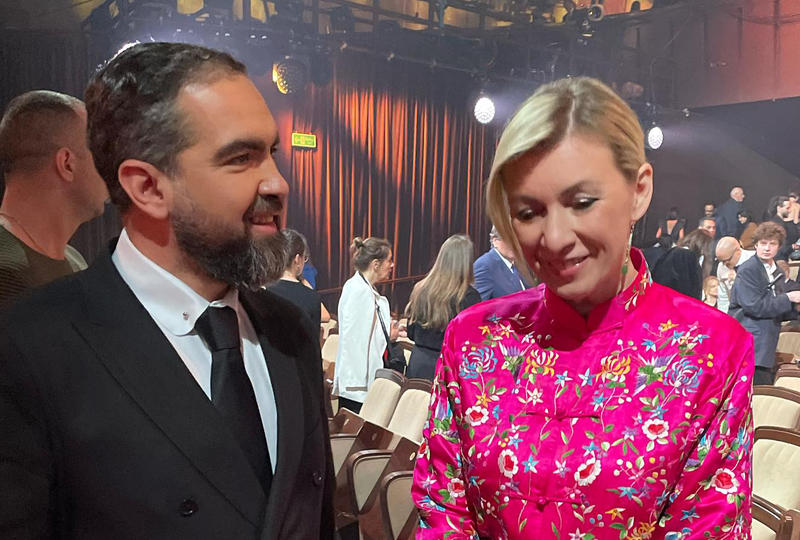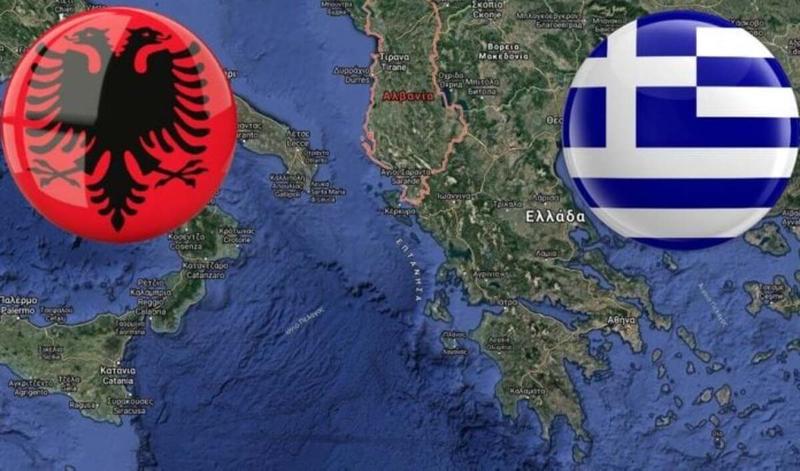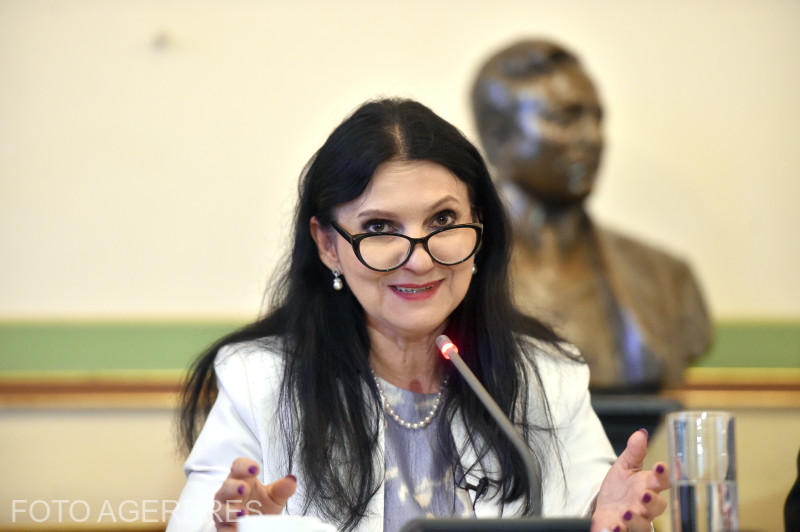Romania's interest is for Moldova to regain its territorial integrity, Romanian President Traian Basescu declared on Thursday after a meeting with the Moldovan Prime Minister Vlad Filat. His declarations follow the comments of the Russian press after the espionage scandal in Moscow involving Romanian diplomat Gabriel Grecu which read that Grecu was seeking information related to Moldova and Transniester.
"Our interest is related to the things we believe in", Basescu declared. He added that Romania is well aware that no state can claim a part of another state's territory.
The Russian secret services, FSB, announced that the Romanian diplomat, arrested on Monday at Moscow, accused of espionage tried to obtain secret military information. Grecu was detained on the grounds that the services found objects specific to espionage activities on him and was later expelled to Romania.
Komsomolskaia pravda wrote quoting Russian experts that Romanian secret service endorse nationalist feelings from Moldova. It is not secret that Bucharest targets the territory of some countries in the region, which sooner or later will become Romania's: it is about Moldova, Transniester and Odessa and Cernauti regions, the publication reads.
The Russian secret services reveal that starting 2008, Romanian secret services intensified their activity in Russia. Spies allegedly tried to get information they were interested in from Russian citizens and Moldovan citizens.
The interest in a certain Russian citizen who had access to secret data was known even before Grecu came to Moscow, undercover, sources declared for the publication.
Former first secretary of the Romanian Embassy to Moscow, Dinu Pistol, Grecu's predecessor, already tried to contact and convince a Russian citizen, who had access to the information Romania needed regarding the situation in Moldova and Transniester.
The source reads that the connection was made through e-mail, using different key words and the information was sent through packages left in supermarket boxes. All data sent by the Russian citizen were paid in foreign currency but the information was not secret at all, the newspaper reads.


















